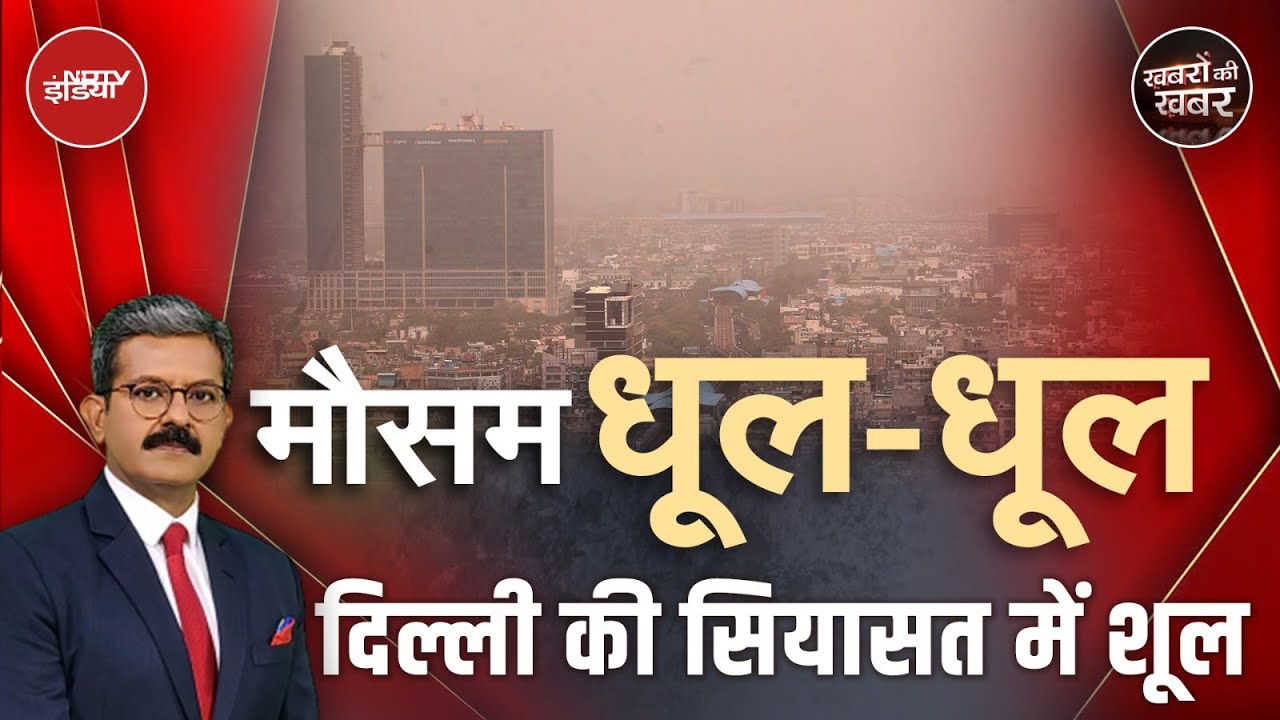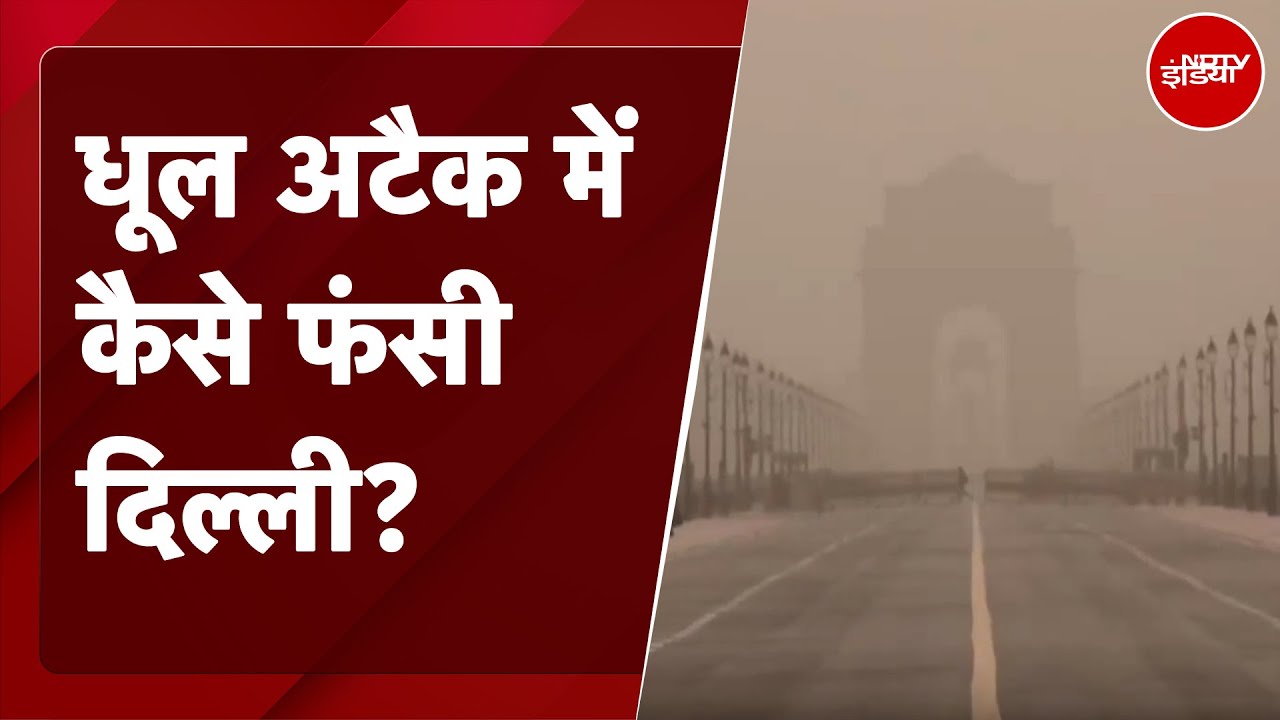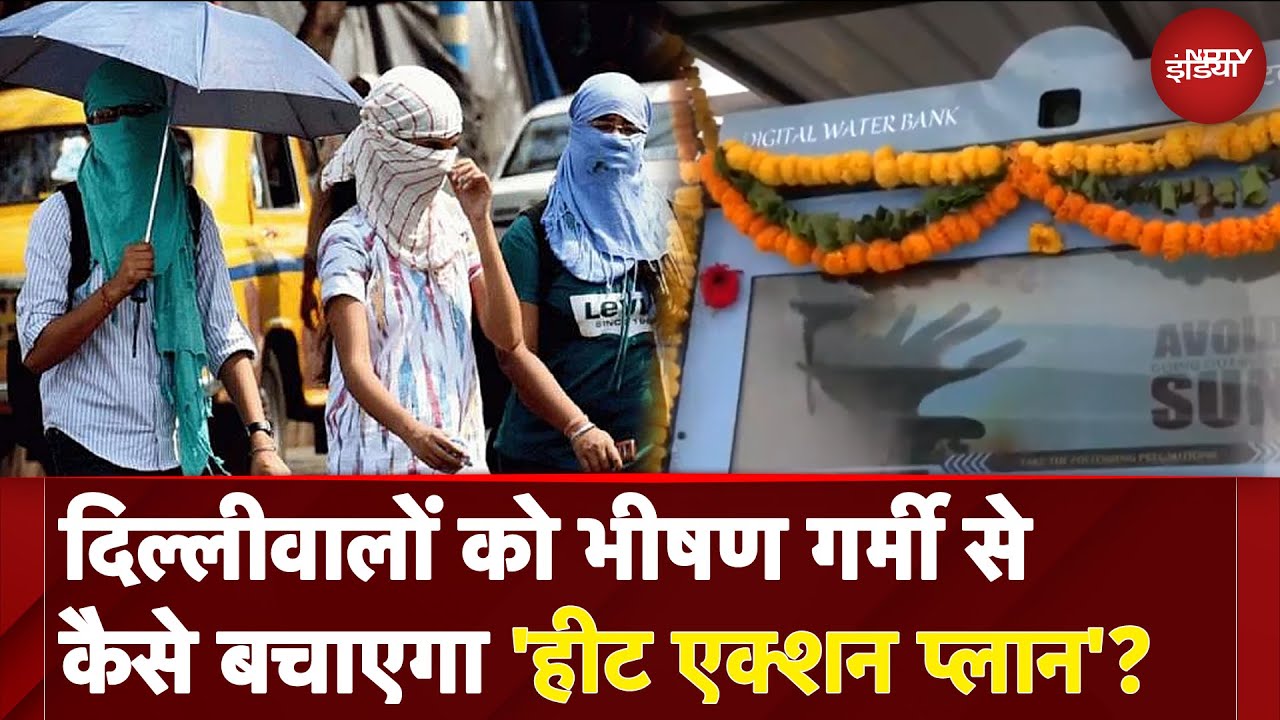Wanted - A Clean Air Boss With Cabinet Rank To Tackle Pollution

Jyoti Pande Lavakare

Every country that has cleaned up its polluted air has done so after reaching a tipping point. That point has come after pollution has become undeniable and its health harm acknowledged, after people have realized that existing environmental laws have been de-fanged by industry or lobbies with commercial agendas and usually after a new law is passed - one that serves public health over private commercial interest.
Whether it was Mexico, Los Angeles, London or China, change has come after the tipping point is breached. India is at the cusp of that tipping point. With the Aam Admi Party having brought pollution to centrestage and the Bharatiya Janata Party and Congress joining the debate (with the BJP tweeting a video last week squarely blaming the AAP), pollution finally entered the Parliament Tuesday.
For environmentalists and activists fed up of the blame game, the BJP's video blaming a state party while in power at the Centre and heading many of the state governments in severely polluted states was still a welcome video, because for the first time, air pollution has made it to the national agenda.
With Tuesday's debate in Parliament, however poorly attended, this important topic has finally reached the legislature. For years, dirty air was normalised. Then, it was politicised. Hopefully, next, India's toxic air will finally be cleaned up.
To be honest, with the amount of science, data and evidence backing the public health emergency India is currently facing, caused by the levels of pollutants no human should have to breathe, this issue should not even have to be debated. Any responsible government should have already been at work to find some real solutions to this gigantic problem that is causing more disease, disability and death than war, terror and several communicable and non-communicable diseases put together. However, until now, it has only been the judiciary which has made any significant attempt at tackling this problem, whether through banning fireworks or crop-stubble burning - and it isn't really the job of our honourable judges to make public policy and pass laws. It is the job of our legislators and our executive. The fact that our judiciary has been forced to step in points to the absolute paralysis in our executive to handle the problem of pollution. This links back to the complete lack of intention to acknowledge or solve this problem by our legislators.

Air pollution levels in Delhi have reached alarming levels in recent weeks
We are now at a tipping point - it is now time that our legislature and executive jointly create the structure and mechanisms to solve this crippling problem. Instead of focusing on the politics of air pollution, let's look at the bigger picture of how such a problem can be solved in a democracy like India.
History shows that once a law that puts public health squarely in the center of its focus is passed, industry usually comes around and in fact, is able to innovate and make profits in the new scenario.
It is only the government at the Centre which can bring together all these entities, corporates, state departments, technologies, industries, sectors and individuals, with conflicting motives and differing agendas to enforce regulation that can have any significant and measurable impact on air quality.
This is not to lessen the importance of private responsibility - air is a collective resource essential for our very survival, and every citizens and resident at an individual level has responsibility to keep our air clean - but to emphasize the importance of public accountability.
The first thing we need is a new Clean Air Act that puts public health at the center of its existence. At the same time, we need an independent, autonomous, empowered, transparent and accountable entity, headed by a dynamic and decisive leader whose focus is to bring pollution down, first to below national limits and then to below international limits as set by the World Health Organization. A Clean Air Boss with Cabinet rank. The boss can help create the act or vice versa.
In other words, we need a sharp weapon (new Clean Air Act) and a bold, decisive wielder of that weapon (Clean Air Boss) to fight air pollution effectively enough to have a positive health impact.
India's current Air Act - all seven chapters and 54 sections of it - never once mentions public health. London's great smog had led to its Clean Air Act 62 years ago. But in July 2018, even the UK Parliament introduced it as a Human Rights Bill, even as London's Mayor, an asthma patient himself, renewed attempts at cleaning London air by introducing ultra-low emission zones, among other measures. The new Clean Air Act aims to improve existing legislation and enshrine the human right to clean air in UK law. This is exactly what India's Air Act should do, taking inspiration from developed countries like the U.S with its strong Environment Protection Authority, and the U.K. Clean air is fast becoming accepted as a fundamental human right - and rightly so, since breathing isn't a voluntary activity.
Coming to the clean air boss - this could be someone like E. Sreedharan who managed to give Delhi-NCR an excellent underground metro or Nandan Nilekani who managed to provide a unique identification to over one billion Indians, or T.N. Seshan, who managed to empower our Election Commission which ensures fair elections in the world's largest democracy - India is full of intelligent, competent people who would love to contribute to its development in a meaningful way - the PMO is full of them. In fact, the person our Prime Minister chooses needn't even be from India. We've had enough examples of people of Indian origin taking up positions of high authority as short contracts.
Air is a collective resource and crucial to public health. Polluted air causes harm not just to our lungs but every organ of our body.
Scientists from the Forum of International Respiratory Societies in two review papers published in the journal Chest have concluded that Air pollution can harm acutely, as well as chronically, potentially affecting every organ in the body. This has been validated by Dr Maria Neira, WHO director of public and environmental health who says it represents "very strong science," and "adds to the very heavy evidence we have already. There are more than 70,000 scientific papers to demonstrate that air pollution is affecting our health," she has said.
Air knows no geographic boundaries and is not localised to a Delhi problem, or even a north India problem but affects every part of the country. Not every part of the country monitors its air, which is why the myth that this is a regional problem still exists.
Air pollution is a social inequity as it affects the poor and disenfranchised disproportionately. It is not a rich person's problem, nor has it just been created by the rich. And it is finally being recognised as an all-season problem that is merely worsened to horrific levels in the winters.
| Capital | Cut in PM 2.5 level | How quickly |
|---|---|---|
| Beijing | 40% | 5 years |
| Seoul | 35% | 5 years |
| Ulaanbaatar | 64% | 6 years |
| Source: India's National Clean Air Programme | ||
We are in a state of national health emergency and need to act with urgency. There is no time left for setting up committees or waiting for new, indigenous studies. We need systemic change. Air pollution has permeated every sector of the economy, thus every economic and social policy needs to take it into account. This is why we need an independent, autonomous and fully-empowered and resourced entity which will have timebound goals for an accountable and transparent of delivery of one thing only - clean air to a billion Indians suffering from the health harms due to air pollution.
There are no short term solutions to this problem. Many sector contribute to pollution, thus we need a bouquet of solutions, no silver bullet will do it. All this has to begin with a strong intent to solve this problem. For all this, we must be ready to pay for our clean air at a collective level.
(Jyoti Pande Lavakare is an independent journalist and writer. She is the co-founder of Care for Air and is writing a book on the human cost of air pollution titled "Breathing Here Is Injurious to Your Health" to be published in 2020)
Disclaimer: The opinions expressed within this article are the personal opinions of the author. The facts and opinions appearing in the article do not reflect the views of NDTV and NDTV does not assume any responsibility or liability for the same.

Jyoti Pande Lavakare
also read
World Environment Day 2025: 20 Inspiring Messages To Tackle Pollution And Go Green
Edited by Nikhil PandeyBuses Operating On Polluting Fuels Banned From Entering Delhi From Nov 2026
Press Trust of IndiaAir Quality Body Takes Steps In Punjab, Haryana To Fight Air Pollution In And Around Delhi
Written by Shreya Ghosh
Latest Stories
- Edited by Nikhil Pandey | Thursday June 05, 2025
World Environment Day 2025 urges global action against air, plastic, and river pollution with powerful messages promoting a greener, cleaner future.
- Press Trust of India | Wednesday June 04, 2025 , New Delhi
No bus should be allowed to enter Delhi from November 1, 2026, unless it runs on clean fuel like CNG, electricity or the latest BS-VI diesel, the Commission for Air Quality Management (CAQM) directed on Wednesday.
- Wednesday June 04, 2025
The announcement came from Delhi CM Rekha Gupta as part of the air pollution mitigation plan for the year.
- Written by Shreya Ghosh | Tuesday June 03, 2025 , New Delhi
Considering the perennial issue of north India's smog-choked winter, the Commission for Air Quality Management (CAQM) is striking at two major pollution culprits - paddy stubble burning and open municipal solid waste (MSW) fires.
- Written by Shreya Ghosh | Tuesday June 03, 2025 , New Delhi
Delhi Chief Minister Rekha Gupta on Tuesday launched the city's ambitious 'Air Pollution Mitigation Plan 2025', titled "Shuddh Hawa Sabka Adhikar - Pradushan Par Zordar Prahar", to combat the capital's chronic air pollution.
................................ Advertisement ................................
Latest Videos
Opinion
Opinion | Why Indians Have Just Given Up On Air Pollution CrisisTanushree Ganguly
Friday December 20, 2024While some may argue that people in Delhi are now more aware of air pollution than they were a decade back, my rebuttal would be that awareness does not mean that people are concerned.
Opinion | You Must Outrage Over Filthy Air More Than Once A YearJyoti Pande Lavakare
Tuesday December 10, 2024Delhi welcomed us with monsoon rains and mangos. We were home. Fast forward a couple of years, in the winter of 2012, I found myself in denial about something other parents, mostly expats, were calling toxic air.
Opinion | Delhi's Air Pollution Situation Is Like A Bad MarriageNishtha Gautam
Friday November 22, 2024On a good day, such as today, the AQI reading in Delhi is 407. We are jubilant at the sickly sunshine trickling through the slightly dissipated smog. At least its not 1600.
दिवाली... पराली... सियासी जुगाली!Ashwini kumar
Monday November 18, 2024दिल्ली-एनसीआर में प्रदूषण का समाधान तो आज तक मिला नहीं. हर साल चिंतित होकर हम-आप सांसों की तकलीफ के साथ-साथ दिल और ब्लड प्रेशर के मरीज भी क्यों बनें?
घर में कैद बुजुर्ग और हांफते लोग, दिल्ली की सांसों में घुला ये कैसा रोग?Nidhi Kulpati
Friday November 08, 2024हमारी हवा जहरीली हो रही है. गुरुवार की शाम को जब मैं इस मुद्दे पर लिखने बैठी तो AQI लगातार 400 पार जाकर दम घोंट रहा था. बहुत लोगों को यह मामला बोरिंग लगे, लेकिन जब आप अपने साथ काम करने वालों को खांसते-हांफते देखते-सुनते हैं, तो चिंता होने लगती है. सुबह उठते ही दरवाजे खिड़कियां खोलने के लिए डॉक्टर मना कर रहे हैं. बड़े बुजुर्गों के लिए तो मॉर्निंग वॉक बाहर की दुनिया से सीधे संपर्क का ज़रिया है, लेकिन डॉक्टर इसकी भी मनाही कर रहे हैं.

















